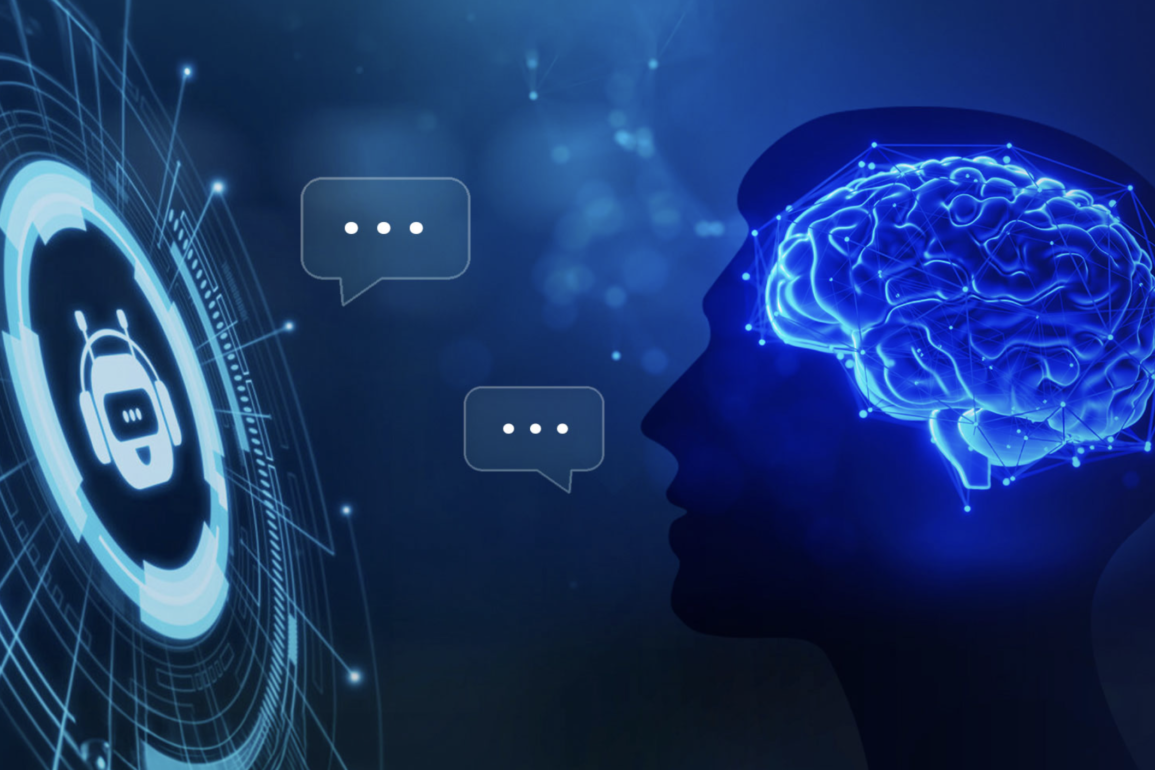In the midst of mounting pressure on Britain’s mental health system, more people are turning to artificial intelligence for help. Google searches for “ChatGPT therapy” in the United Kingdom surged by 817 percent over the past year, according to new research, reflecting both growing interest and deepening frustrations with long NHS wait times for professional care.
Dr. Brian Ramos, a neuroscientist and longevity researcher with Simply Nootropics, says the trend highlights how people are coping with stress, anxiety, and depression under cost-of-living pressures. He acknowledges the benefits of using ChatGPT as a tool for light support, while warning that the technology comes with serious caveats.
“People are struggling to access therapy at the very time they need it most, and ChatGPT therapy can help bridge the gap for those with lighter or sub-clinical needs, or even as an extra layer of support for those already been treated by professionals,” Dr. Ramos told Afcacia.
“If it helps your well-being and your wallet and you use it correctly as a tool in the ways I list below, I say go for it. But it cannot be used in place of medication, human therapy or support groups if your mental health requires professional help.”
Where ChatGPT Can Help
Dr. Ramos describes several ways the chatbot can play a supportive role.
“One of the simplest but most powerful things AI can provide is access to calming techniques in real time — ChatGPT is in your pocket and accessible, which is crucial if you feel panic or anxiety rising and can’t reach a friend or therapist,” he said. “It may help ground you if used correctly in a moment of need.”
He notes the chatbot can walk people through breathing exercises, mindfulness prompts or reframing techniques that interrupt stress cycles. It can also reinforce healthy daily habits — reminding users to stay hydrated, take breaks, or prepare for sleep — and even role-play difficult conversations to build confidence.
AI can also make psychological concepts easier to grasp. “From explaining Cognitive Behaviour Therapy (CBT) principles to teaching grounding exercises, ChatGPT can translate clinical strategies into everyday language,” he said. “With the right insight and external guidance, it can help you implement CBT effectively if that is what has been recommended for you professionally.”
The Risks
Yet Dr. Ramos cautions against mistaking the chatbot for professional treatment.
“AI lacks the human nuance, ethical duty of care and emotional connection that a real therapist provides,” he said. “There is also the risk of incorrect or overly generic advice, and of people relying on it in moments where crisis-level support is needed.”
He points to reports of “ChatGPT psychosis” surfacing online, warning that people experiencing severe conditions — from addiction and non-functioning depression to breaks with reality — should step away from AI and seek professional help. “Don’t hide your ChatGPT use from others,” he added.
Recovery from addiction, he said, depends on community and human connection, which no chatbot can provide. “If your mental health requires more than gentle reminders, CBT prompts, or involves medication, then ChatGPT is not for you. Seek proper care to safeguard your well-being long-term.”
For now, Dr. Ramos suggests thinking of AI as an adjunct to — not a replacement for — therapy.
“ChatGPT therapy should be seen as a supplement, not a substitute,” he said. “It’s a useful starting point for self-reflection and cost-effective for everyday use, but never a replacement for human connection or clinical expertise.”



